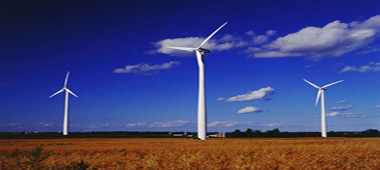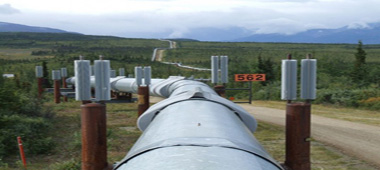Competitions
1st EAFES student energy competition is closed! The winners are known!
Dealing with energy as a resource in a sustainable way is a globally recognized goal. However, all traditional ways of producing energy have serious impacts on the environment and society – therefore the search for new approaches and clever opportunities will, and should, never end.
There are great prizes for the top three entries. The first prize is 400 Euros towards an energy-related research project, the second prize is a partial scholarship for EAFES 2013 Vienna Summer School and the third prize is a selection of scientific books recommended by EAFES. All prizes also include complimentary membership of the EAFES framework for one year.
All the papers were submitted by the extended closing date 31 January 2013. The papers on topic ‘the justification of mega-projects in the EU energy mix’ were suppose to be around 1500 words. All the papers must be original work of the authors.
1st place: Diego Sanchez
Global warming and depletion of energy resources are serious global problems. Although most of the countries are aware of these issues, the main priorities are focused on the economic growth and industrialization which have exactly the opposite effect on saving our planet. Developing countries more>>
2nd place: Sushant Madaan
The logic behind energy mix is simple: Don’t put all the eggs in one basket. Relying on one energy source can make the economy vulnerable to the policies of source of supply. The oil shock in 1970 realised many countries to review their energy policies and build energy models which could explain energy-economy interactions. With oil prices skyrocketed, lot of economies found themelves more>>
3rd place: Piyush Joshi
Until recently, the UK was largely self-reliant for energy, producing significant quantities of oil, gas and coal. The gradual depletion of oil and gas reserves and a decrease in domestic coal production has led to a growing dependence on imports. In the electricity sector, gas has replaced coal as the principal fuel. Since 2005, rapidly increasing energy prices, growing concerns on security of supply and awareness of climate change have raised the profile of energy in the UK. more>>




